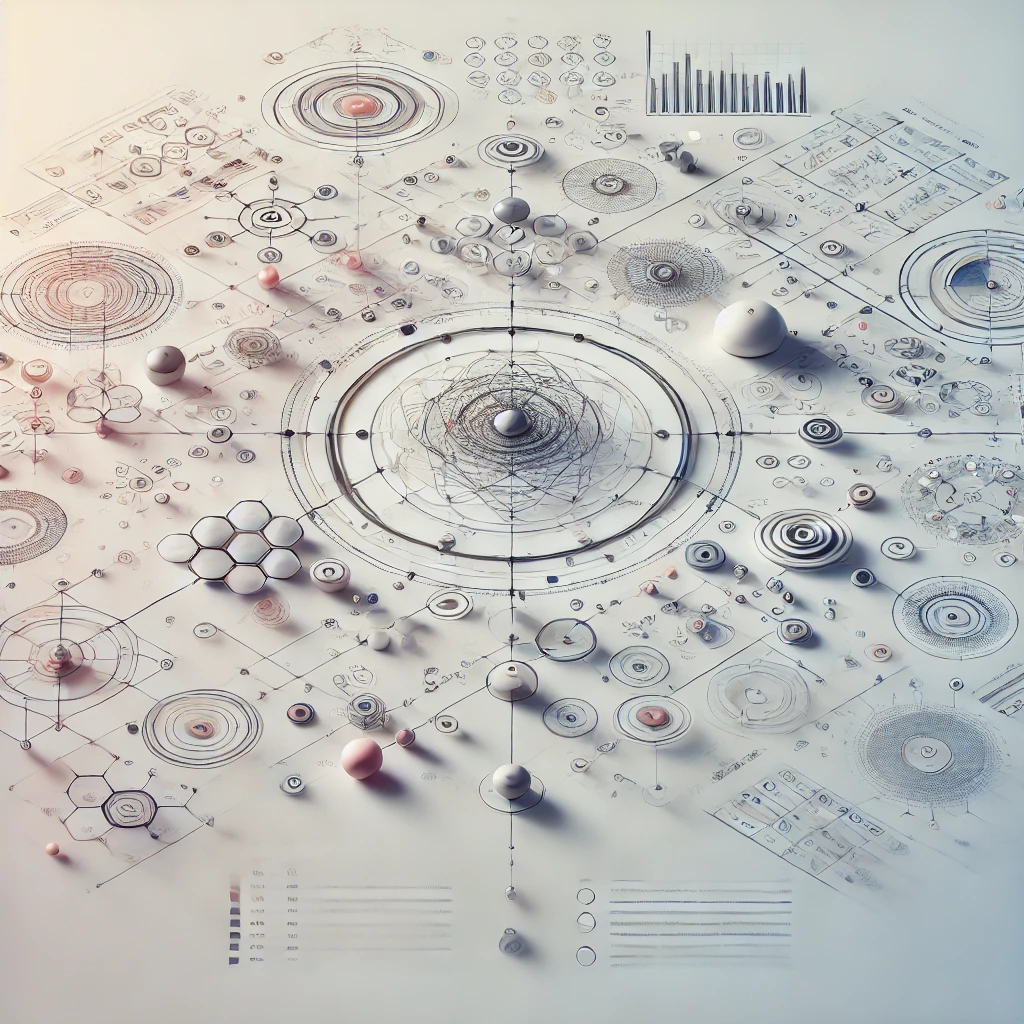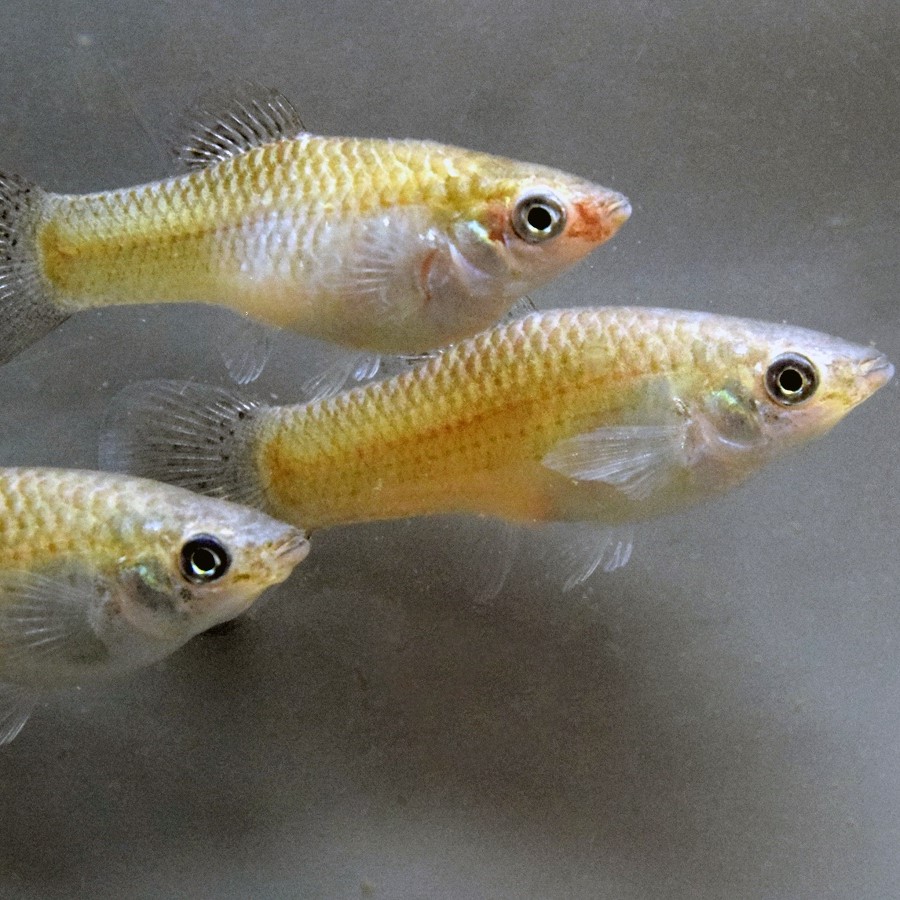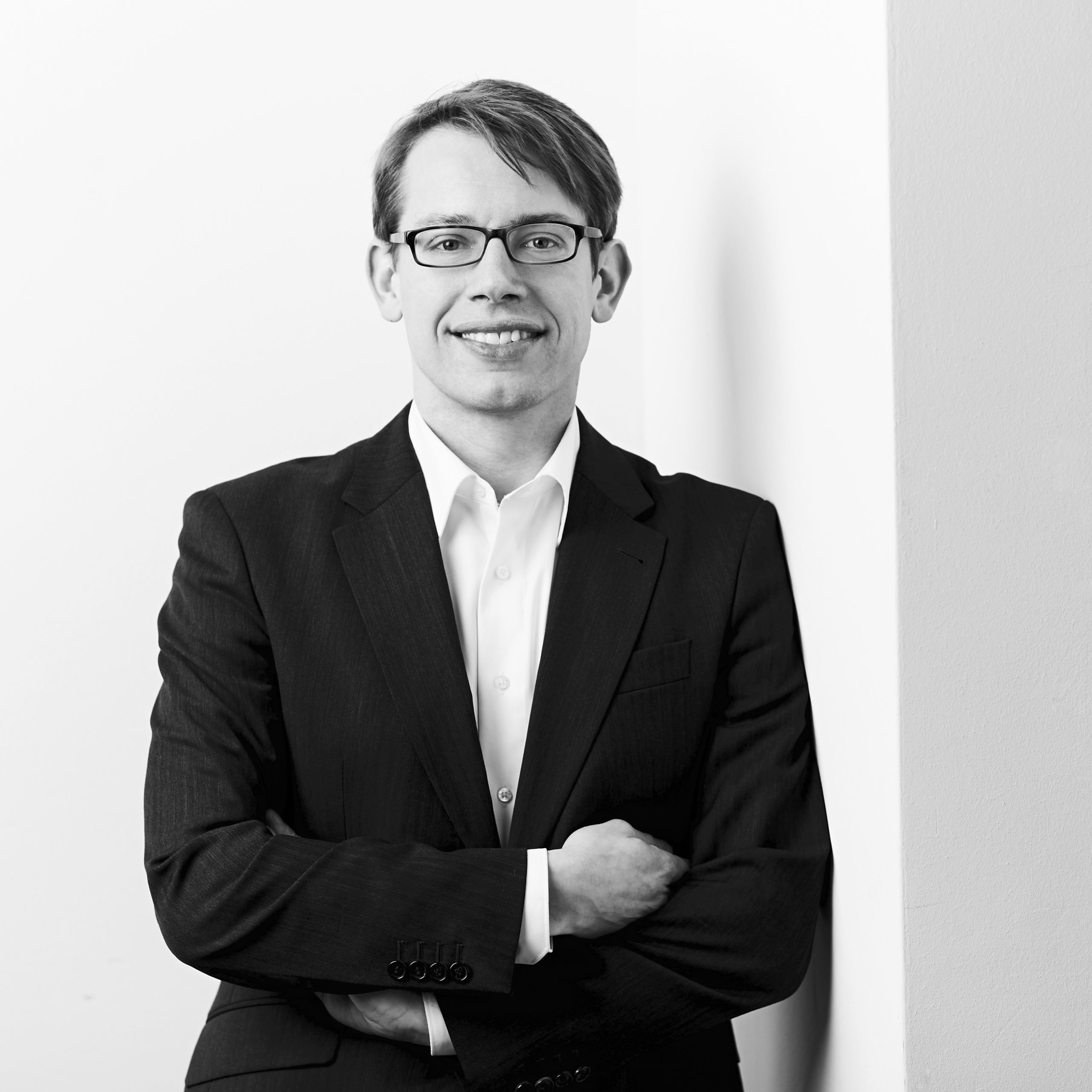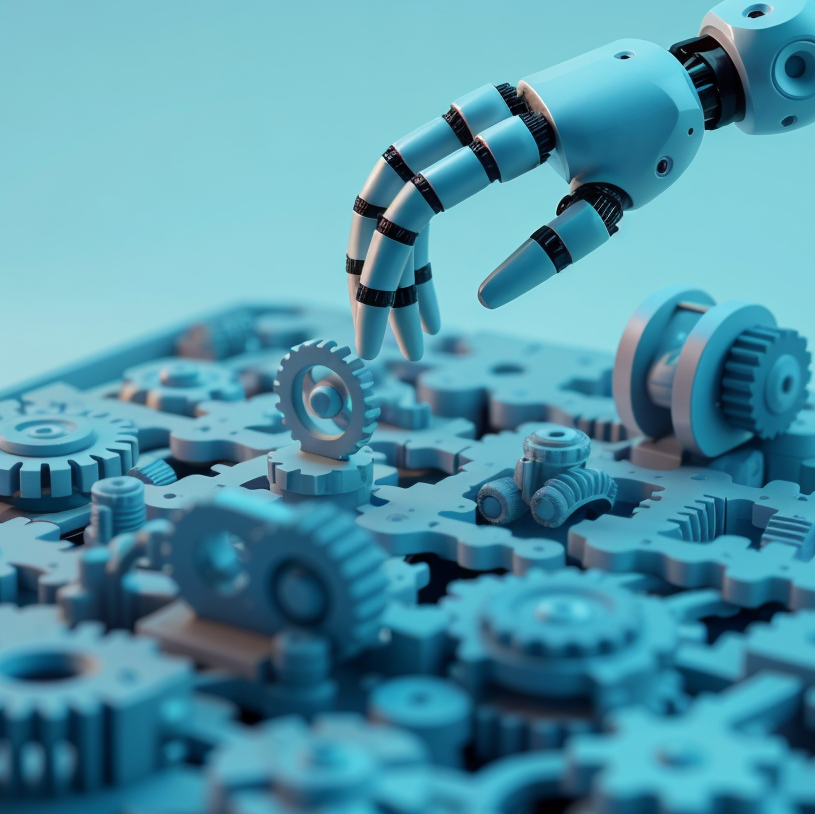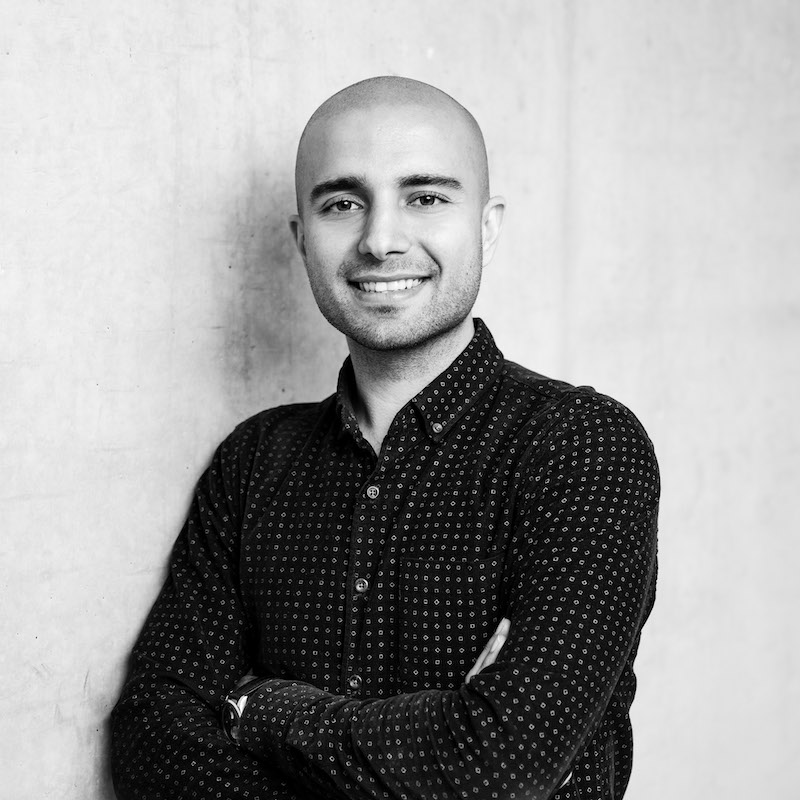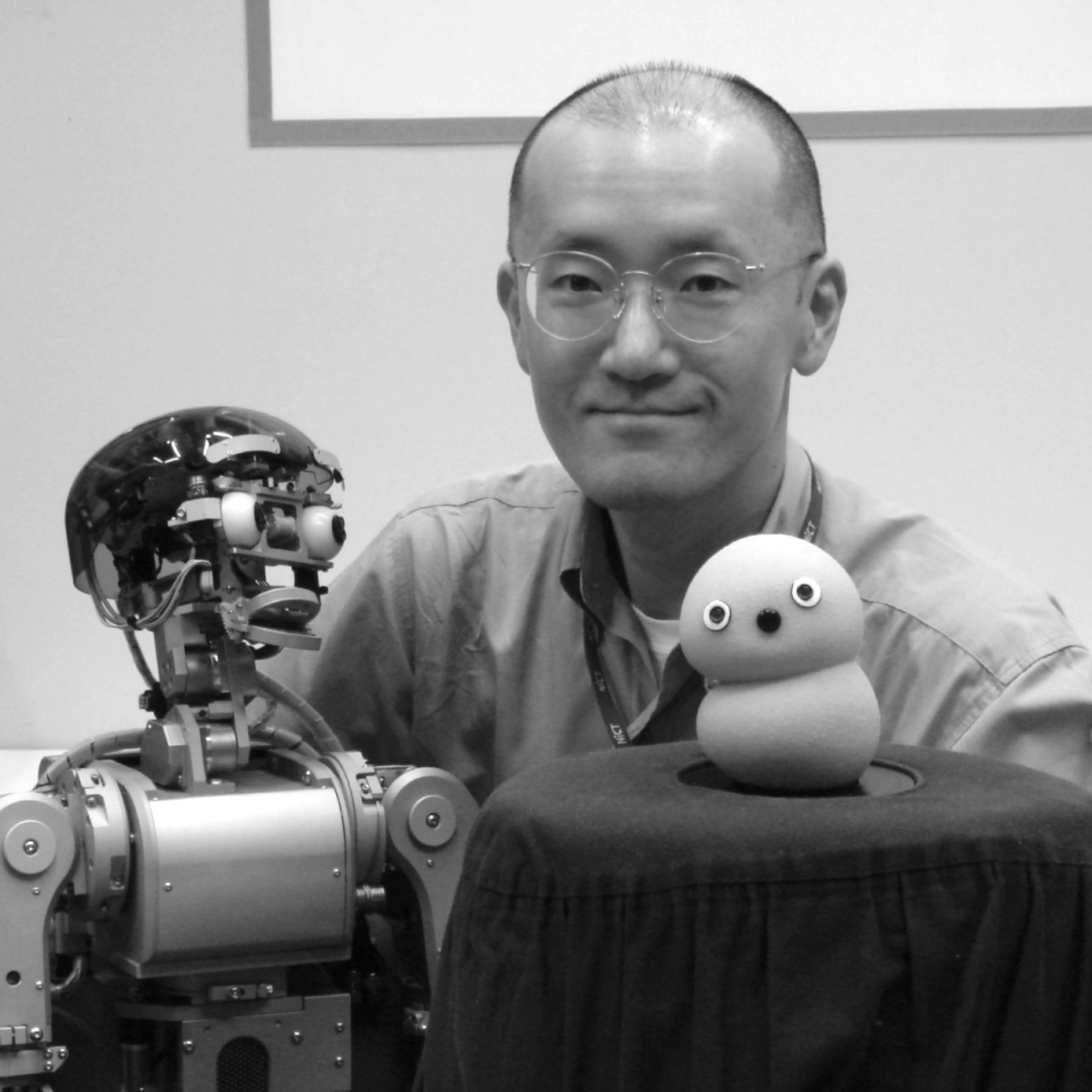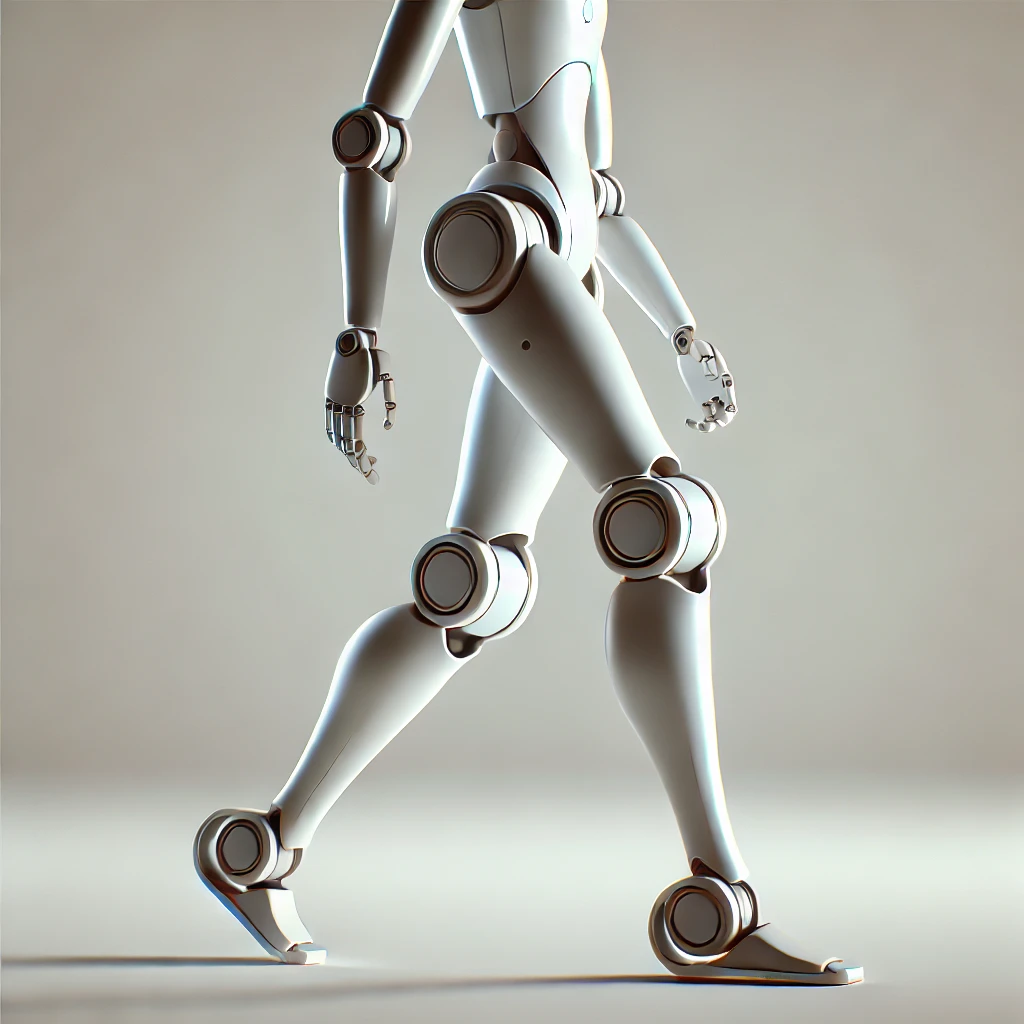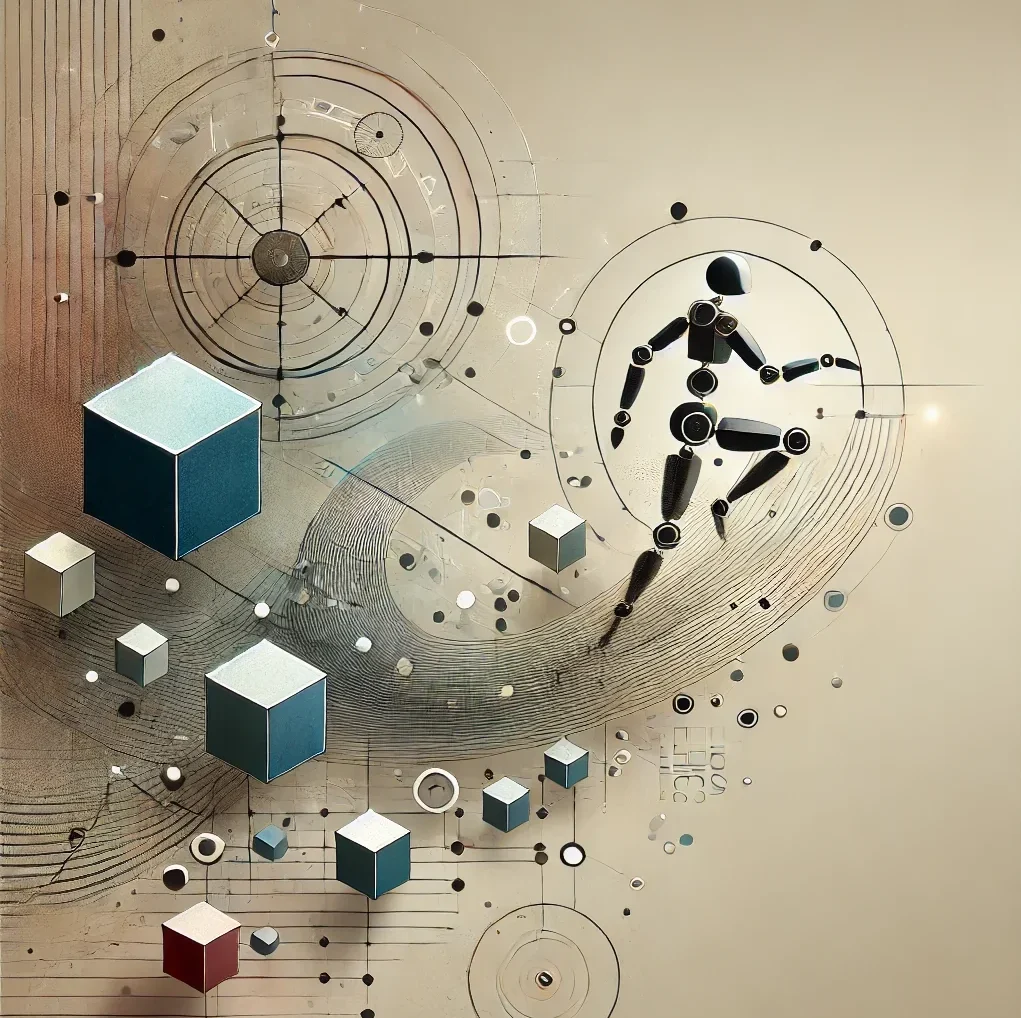
Alan Winfield (UWE Bristol), “Ethics in Collective Robotics”
SCIoI, Marchstraße 23, 10587 Berlin, Room 2.057Alan Winfield is Professor of Electronic Engineering and Director of the Science Communication Unit at the University of the West of England, Bristol. He conducts research in swarm robotics in the Bristol Robotics Laboratory and is especially interested in robots as working models of life, evolution, intelligence, and culture. Alan is passionate about communicating science

